Third, there was Rowland generating a second family to which Colin both did and didn’t belong. Or rather, he continued to belong to his father as a son – that was his right – but belonging to the second family as a whole was something that would have to be done by invitation, as it was never quite a right in the same way.
Finally, there was the family business, where Colin’s experience of separation would have been the most complex. The very phrase ‘family business’ holds a tension, even a contradiction. A family has no purpose beyond the affirmation of blood ties and the circulation of love. It can simply be and nobody has to justify its existence. Most importantly, everybody in a family has a right to belong. The sole entry requirement is being of the same blood. With a business, it’s different. There is a test involved in joining a business: belonging is never automatic. As a commercial enterprise, the right to belong to it must be earned by supporting that commercial aim.
So when you merge ‘family’ and ‘business’ into the entity known as a ‘family business’, a circle has to be squared. Do you have a right to belong to the family business just because you’re a part of the family? Or do you have to prove yourself first, as anyone joining a conventional business would have to do?
Colin was tipped straight into the mesh of that ambiguity. He had been brought into the business as a young man by virtue of belonging to the family, even though his ‘belonging’ had already been rattled after his father remarried. But that was when the economic weather was still fair. When it turned foul, Colin was judged on his merits and found wanting. Now his card was set next to that of the non-family member, David Cooke, and his scores looked poor. No longer was being part of the family enough; performance was the new measure, and Colin’s fell below par. When the chips were down, water was thicker than blood.
Put another way, businesses have an easier time excluding people than families do. It doesn’t test their conscience in the same way. Unlike the right to belong to a family, which is granted once and for ever through the definitive act of birth, in a business you have to keep demonstrating how valuable you are. It never lets up. Belonging is secured by the collateral of performance; and explicitly or implicitly, performance is continuously monitored. Take the performance away, and the belonging falls apart too.
Of course, there are those individuals in certain businesses who become so much part of the furniture that, long after they have ceased to hold their own commercially, they’re kept on like pets. But that is an indulgence. The only legitimate exception to the rule of belonging-conditional-upon-performance would be if the business were one that you founded. As the originating spirit, you are central. And you will be largely exempt from the scrutiny applied to the performance of those who come after. You created the enterprise, which makes you its ‘father’ or ‘mother’ in a more than metaphorical way. You gave it life. Where there had been nothing, you made something.
As acts of creation, these inaugurating gestures of the founding father share a life instinct with the making of a family. Which is why, in those rare cases when a company does turn on its founder and relieve him of his duties, everybody feels its moral portent. There is an unspoken question as to how natural it can be, like watching an eclipse. Nobody is totally sure that it’s a legitimate move, even if the business reasons for the removal are sound. Taking such a dramatic step leaves a mark on the conscience of those who unseated the founder, as if they had committed parricide. (In the later chapter about organisations called ‘Office Politics’, I will say more about this uncanny power of the founder.)
No wonder the concept of a family business holds so much tension. Most of the time that tension remains obligingly latent, but when, as in the case of Rowland Smith & Son Ltd., market forces enjoin on the company the taking of drastic action, it appears like an unspeakable black animal on stage. It has to be addressed. Do you get rid of Colin or David? Between family and business, which comes first?
We know which way my grandfather, Rowland, called it. He chose in that moment to see my father less as his son than as an employee to be judged on a level playing field with his rival. No more was Colin an alternative but sympathetic expression of the same genetic wave, a variant of Rowland’s own subjectivity. Rather, Colin had become an objective human asset to be evaluated against other human assets. To say that Rowland ‘disowned’ Colin would be a clear distortion, despite the feelings of abandonment that Colin must have suffered. Nevertheless, Rowland shook the family tree with sufficient vigour to make Colin fear that, like a rotten fruit, he would fall.
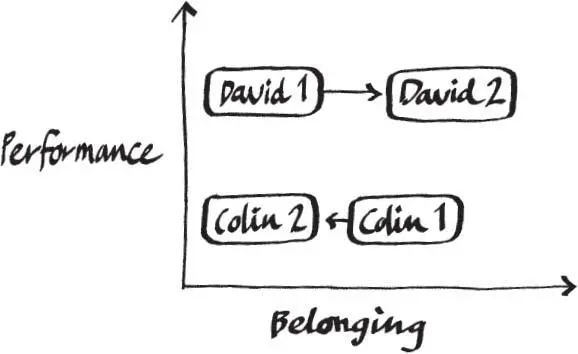
The diagram above describes the situation in graphic form. ‘Colin 1’ and ‘David 1’ refer to the starting positions, the point at which David was brought into the business. ‘Colin 2’ and ‘David 2’ refer to the later point at which Rowland, my grandfather, chose between them. This choice was made against two criteria: performance and belonging. In position one, David’s performance was seen as strong, but as someone with the surname Cooke rather than Smith, his belonging could only be weak. In contrast, what was perceived as weak about Colin was his performance.
The fundamental problem was that even at the start Colin’s belonging was less secure than it could have been. We know that Rowland’s ‘ownership’ of his son had always been circumscribed. He was barely involved in Colin’s childhood, and not for purely psychological reasons. For six of the eight years before Colin was sent to boarding school, 1939–1945, Rowland was at war, stationed in India and Burma. Not long after his return, he divorced, remarried and began his new family. In other words, Colin’s belonging never was assured. It wasn’t as if he had a full tank that got emptied: the tank peaked at around 70 per cent. Colin’s aggregate score, even in position one, fell short.
What’s most striking, however, is that despite his different blood, David actually increases his level of belonging. This is, first, because he replaces Colin: doing so makes David a stand-in son, a family member. The second reason is that David doesn’t carry the same baggage as Colin did from Rowland’s previous marriage. That makes David a less problematic proposition when it comes to slotting him in. These two reasons facilitated the miracle that Rowland performed of turning water into blood.
That miracle doesn’t have to happen under such special circumstances. There is a perfectly ordinary example of it. In the early 1930s, Rowland and Beatrice are a couple, and Colin is not even a glimmer in the eye. In order to marry, they must by law come from separate families. Marriage represents what anthropologists call ‘exogamy’. Exogamy means that matrimony occurs with a spouse chosen from outside the family. Nothing unusual about that. And yet on the day of the wedding, husband and wife become each other’s family. When Rowland and Beatrice tie the knot, they transmogrify into each other’s next of kin. That happens despite and because of the absence of blood ties. It is an act of social alchemy. In marriage, water not only becomes blood: it can become blood only if it is water. To extend the metaphor, one could say that Colin’s issue was that his blood and water were mixed. The result was a dilute mid-liquid that embarrassed all concerned.
Читать дальше
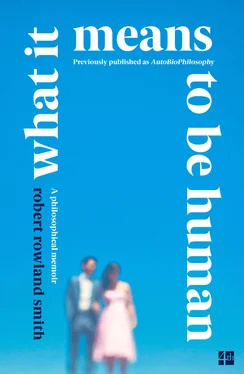

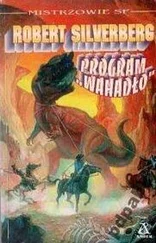


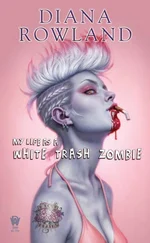




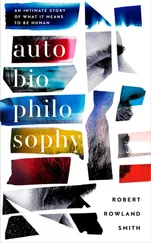

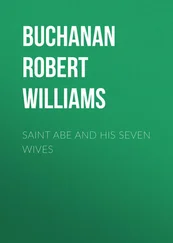
![Helen Rowland - The Widow [To Say Nothing of the Man]](/books/752764/helen-rowland-the-widow-to-say-nothing-of-the-man-thumb.webp)